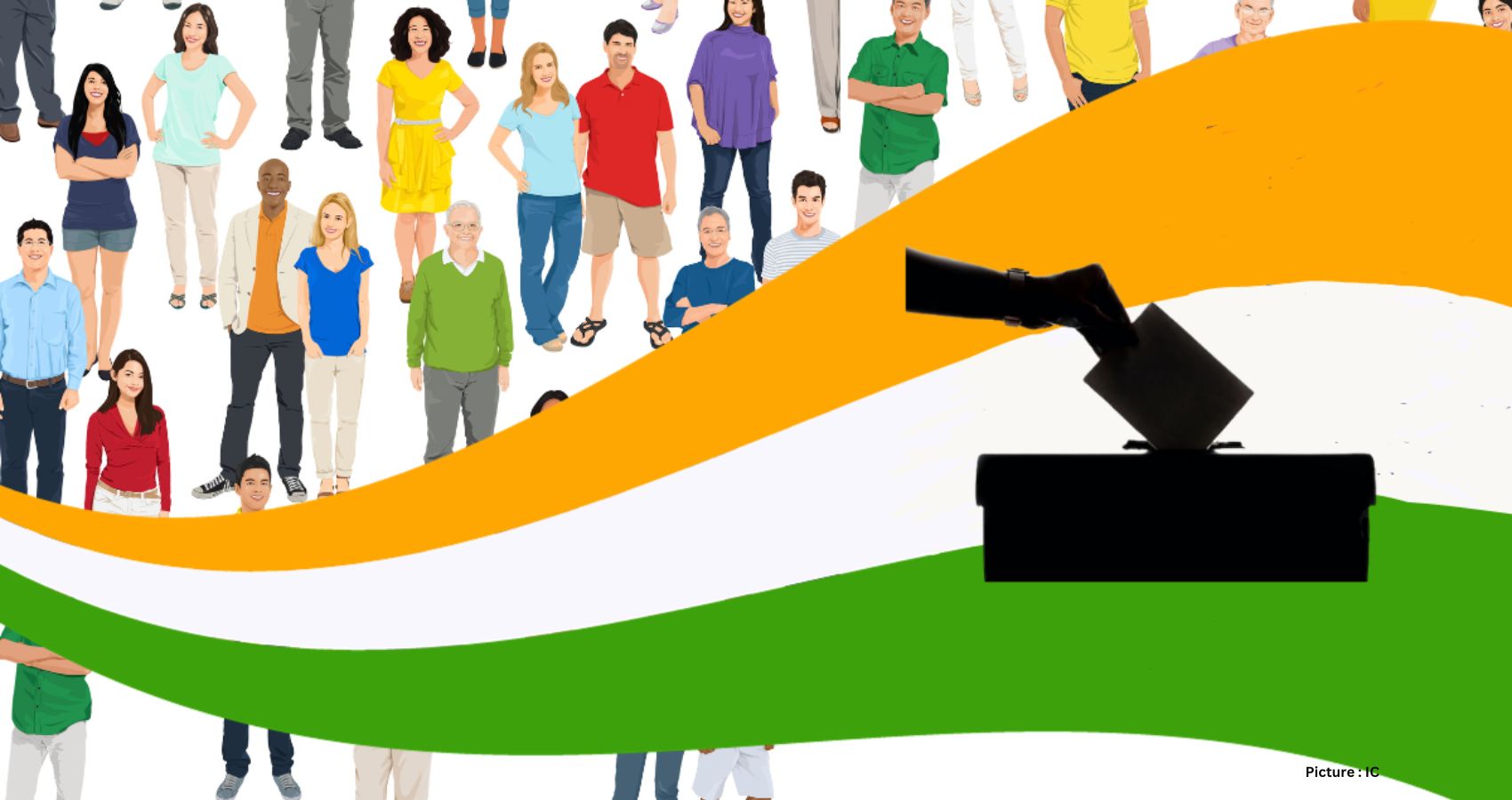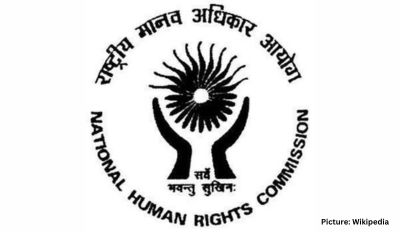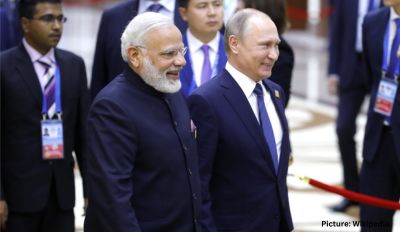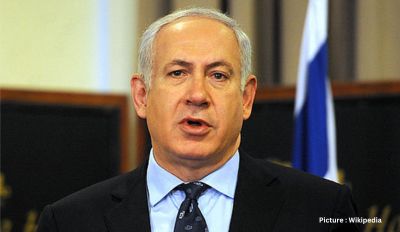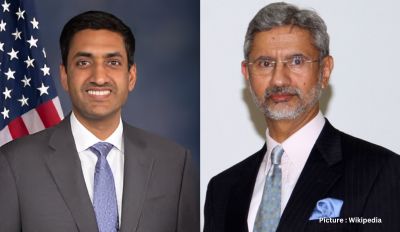In this pivotal year for global politics, over 60 countries, representing more than half of the world’s population, are gearing up for elections at various levels—presidential, legislative, and local. From the vast scale of the United States to the more modest dimensions of North Macedonia, political landscapes are evolving. The impact of these elections extends beyond borders, particularly with the significant influence of diaspora populations.
Last year, India surpassed China as the most populous country, reaching a population of 1,425,775,850, with an additional 29 million Indians residing outside their homeland. Kathleen Newland, co-founder of the Migration Policy Institute, notes the increasing desire of diaspora populations to actively participate in their home countries’ affairs, stating, “They want to have a say in what happens there.” The evolution of voting rights for overseas nationals is evident, growing from 21 nations in 1980 to 141 in 2020.
The manner in which expats cast their votes varies widely across countries. While some, like El Salvador and Moldova, facilitate electronic voting or voting at consulates and embassies, others, such as India, require in-person voting, demanding expatriates to return to their home country. Arvind Panagariya, a Columbia University Economics professor, residing in New York, shares his expectation to vote in person during India’s upcoming elections.
Navigating the complex electoral landscape in India falls largely on individuals, as Newland observes, highlighting the need for initiative. India, with its vast and intricate election process, will witness a monumental undertaking between April and May, involving up to 630 million voters out of its 900 million eligible citizens. The elections, spanning six phases, require the deployment of 11 million election workers and officials, including security forces.
India’s parliamentary system designates executive powers to the Prime Minister, who is appointed based on the political party or coalition securing an absolute majority in the Lok Sabha. With approximately 500 political parties vying for 543 seats in the lower house, electoral workers must navigate challenging terrains, resorting to various modes of transport, including helicopters, trains, boats, walking, and even elephants, to ensure all eligible voters can cast their ballots.
Despite the active engagement of the Indian diaspora on social media platforms, Panagariya and Newland argue that its impact on the election outcome may be limited. Panagariya emphasizes that most electoral battles in India are still fought in physical spaces, downplaying the influence of overseas votes. However, in closely contested elections, the diaspora’s voice could potentially sway the results.
Communication professor Rohit Chopra suggests that narratives circulating in the international space, such as discussions on COVID-19 and the deep state, may find their way into Indian political conversations. Intriguingly, the perception of India as a strong state and Prime Minister Modi as a robust leader may have originated within the Indian diaspora.
Eligibility criteria for overseas voters in India include being an Indian citizen living abroad for education or employment, not having acquired foreign citizenship, and being 18 years old on January 1 of the election year. Registration involves filling out Form 6A, available from the Election Commission of India. This form must be submitted to the Electoral Registration Officer of the constituency where the applicant’s residence in India falls, either in person or by post.
As the world watches these elections unfold, the influence of diaspora populations, their voting methods, and their engagement in shaping narratives will undoubtedly play a crucial role in the democratic processes of their home countries.

